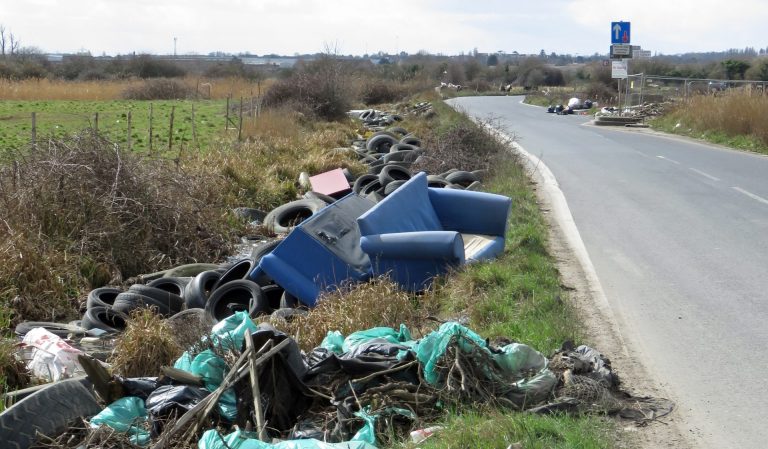As the world faces the urgent challenge of climate change, the need for sustainable energy solutions has never been greater. One such solution is Hydrotreated Vegetable Oil (HVO) fuel, an advanced biofuel derived from renewable sources like vegetable oils and animal fats. HVO offers a cleaner, more sustainable alternative to traditional diesel, with a range of environmental and performance benefits.
- Reduction in Greenhouse Gas Emissions
HVO fuel provides significant environmental benefits, especially in reducing greenhouse gas emissions. Traditional diesel fuels contribute heavily to climate change, but HVO has the potential to reduce carbon emissions by up to 90%. This reduction is due to the renewable nature of HVO, as the carbon emitted when burned is offset by the carbon absorbed by plants during their growth. Additionally, HVO produces fewer pollutants like particulate matter and nitrogen oxides (NOx), helping to reduce air pollution and improve public health, particularly in urban areas.

- A Sustainable and Renewable Fuel Source
Unlike conventional diesel, which is made from finite crude oil, HVO is a sustainable, renewable biofuel. It can be produced from diverse feedstocks, including waste oils, used vegetable oils and agricultural by-products. This flexibility reduces reliance on specific crops and prevents negative impacts such as deforestation. Moreover, by using waste materials, HVO helps reduce landfill waste, promoting a circular economy where resources are reused and repurposed.
- Compatibility with Existing Infrastructure
HVO’s major advantage lies in its compatibility with existing diesel engines and infrastructure. Unlike other biofuels that require engine modifications, HVO can be used as a drop-in replacement for conventional diesel, meaning no adjustments are necessary for vehicles or machinery already running on diesel. Furthermore, HVO can be stored, transported and distributed using the same infrastructure as traditional diesel, making the transition easier for businesses and governments looking to reduce emissions without significant upfront investments.
- Improved Performance and Fuel Efficiency
HVO fuel offers improved engine performance compared to regular diesel. With a higher cetane rating, HVO allows for more efficient combustion, leading to smoother engine operation, less knocking and better fuel efficiency. It also burns cleaner, producing less soot and carbon buildup in engines. This not only reduces maintenance costs but also extends the life of engines, making HVO an ideal option for industries relying on diesel-powered vehicles and machinery.
- Support for Decarbonization and Net Zero Goals
As more governments and organisations set ambitious net-zero carbon targets, HVO fuel plays a crucial role in achieving these goals. It offers a scalable solution to reduce carbon emissions in sectors difficult to electrify, such as heavy-duty transportation, aviation and industrial machinery. By adopting HVO, businesses and governments can make significant progress toward meeting climate commitments like the Paris Agreement, helping to decarbonise industries while maintaining operational performance.
- Enhanced Energy Security
HVO fuel also enhances energy security by reducing dependence on fossil fuels. Since HVO can be produced locally from renewable feedstocks, it helps reduce reliance on imported petroleum and mitigates the risks of geopolitical instability and oil price fluctuations. This diversification of energy sources strengthens energy security for nations and businesses, providing a more resilient energy future.

- Support for the Circular Economy
HVO fuel is a prime example of the circular economy in action. By converting waste oils and fats into fuel, HVO helps reduce landfill waste and promotes sustainability. This closed-loop system minimises the need for virgin raw materials, reducing the environmental impact of fuel production. For businesses committed to sustainability, using HVO is a powerful step toward reducing waste and achieving long-term environmental goals.
HVO fuel is a key solution in the transition to a cleaner, more sustainable energy future. With its significant environmental benefits, such as reduced greenhouse gas emissions and improved air quality, along with its compatibility with existing infrastructure and performance advantages, HVO provides a practical alternative to traditional diesel. As more industries and governments adopt HVO, it will play a crucial role in achieving decarbonization goals, promoting energy security and supporting the circular economy. By embracing HVO fuel, we can accelerate the move toward a more responsible and eco-friendly energy landscape.














